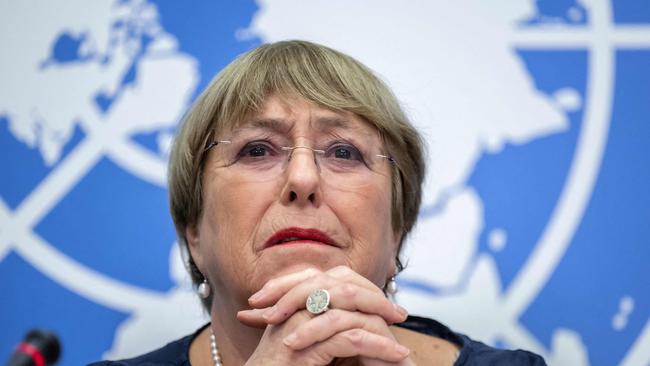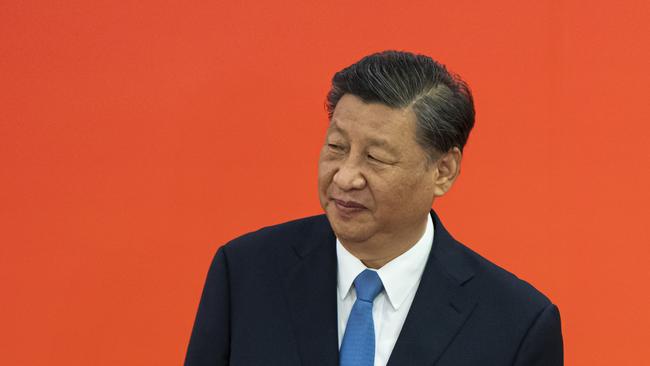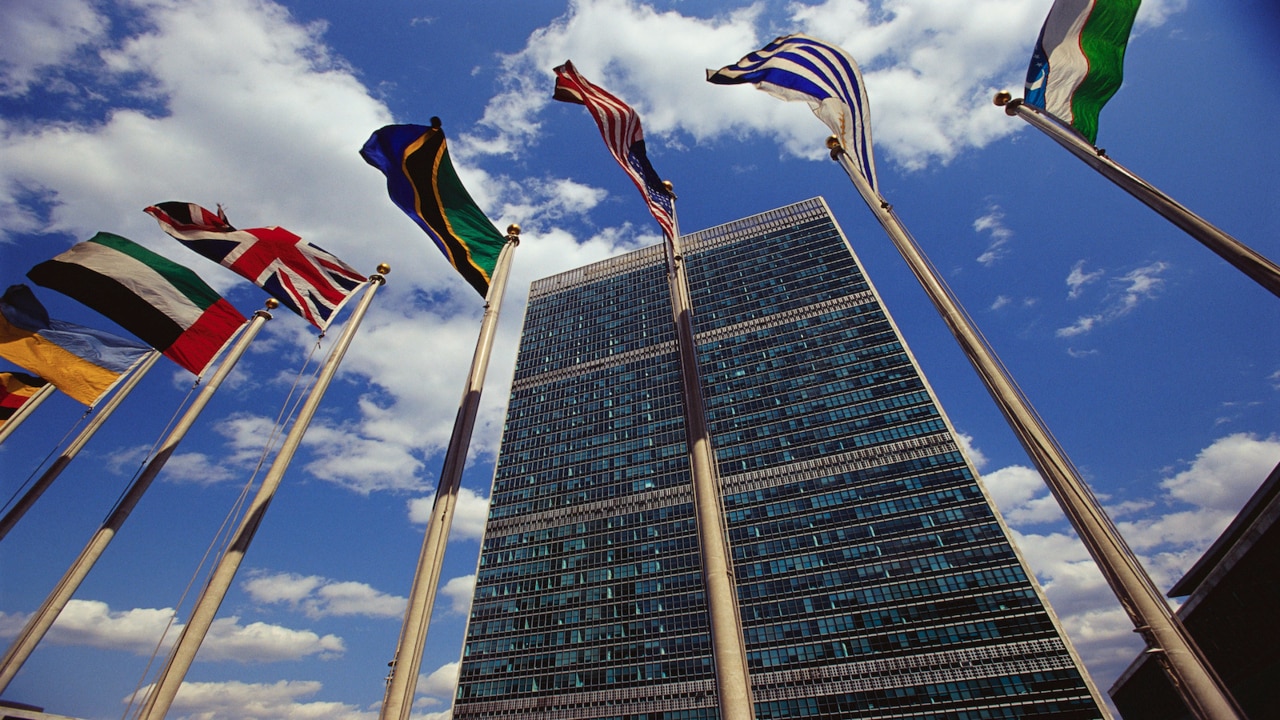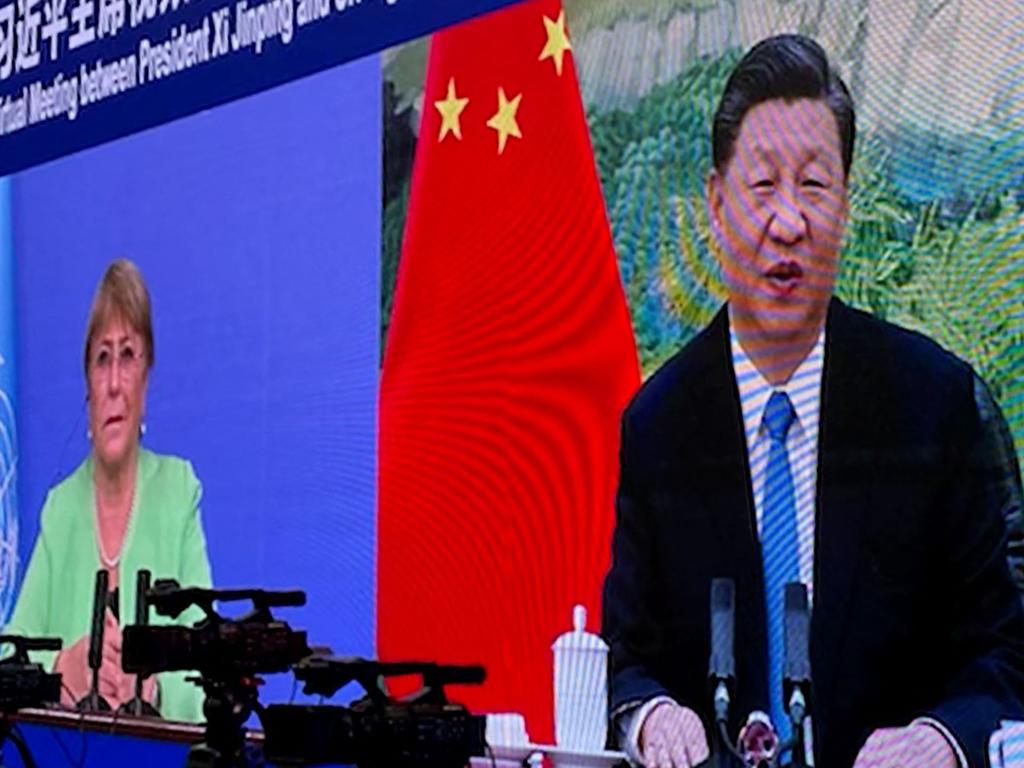
While taking her final curtain call as UN High Commissioner for Human Rights, Michelle Bachelet dropped a bombshell. The long-awaited report on human rights in the Xinjiang Uighur Autonomous Region of China was finally delivered. It found that the Chinese government, in collusion with regional officials, has likely committed human rights abuses so heinous and systemic they may well constitute crimes against humanity.
The CCP responded with its standard defence that the US is to blame for everything, China is a perpetual victim and people who expose CCP brutality are liars. It is fair to say appeals to human rights are exploited by criminal elements. For example, terrorists and their lawyers have proven adept at crafting the human rights abuse narrative to depict agents of terror as victims. However, in regard to the Chinese government’s actions, the UN has gathered sufficiently robust evidence to conclude that the claims are credible.
The Uighur community of Xinjiang is ethnically and culturally distinct from the predominantly Han Chinese population of China. And the CCP has likely engaged in discriminatory behaviour by targeting Uighurs and other Muslim minorities collectively. Other countries generally restricted their most punitive counter-terrorism measures to individuals who planned or engaged in terrorist activity. By contrast, the UN found the terrorism laws and policies introduced in the Xinjiang Uighur Autonomous Region “specifically regulate religion in a detailed, intrusive and particularly controlling manner”. While religious teaching is prohibited in state institutions including schools, the definition of extremism applied in the XUAR encompasses such an “exceptionally” broad range of activities that their restriction violates protected fundamental freedoms.
Before condemning the CCP outright, it is important to remember Chinese people have been targeted by Uighur terrorists for decades. As the tentacles of Islamic State reached across the globe, popular support for tough counter-terrorism measures rose. However, the anti-extremism approach developed under Xi Jinping has become so broad in scope and arbitrary in application that it has more in common with totalitarian rule than counter-terrorism. The CCP has effectively rendered standard tenets of Islamic religion and practice in potential breach of the law. Its adherents are under constant risk of imprisonment and the psycho-social torture euphemistically termed “re-education”.
New Zealand opposition foreign spokesman Gerry Brownlee diverged from prevailing opinion by suggesting the Chinese government was concerned in the main with “defeating terrorist activity”. If that were true, one might expect its support for Taliban-ruled Afghanistan to be more qualified and its forays into Pakistan less comprehensive. The highly selective exercise of China’s avowed commitment to counter-terrorism indicates its interest in Xinjiang is not singular.

There is evidence the Chinese government has supported considerable changes to the demographic profile of the Xinjiang region over time. In 1953, around 75 per cent of the XUAR population was Uighur, with ethnic Han Chinese about 7 per cent. According to the latest government data, Han Chinese constitute 42 per cent while the Uighur proportion has fallen to 45 per cent. The UN notes Han Chinese migration to the region is the main cause of the demographic change, promoted by government incentives.
After Uighur-led terrorist attacks in China, Xi supported broad efforts in Xinjiang to quell unrest by promoting communist values. Al Jazeera reported he had directed the party to “Sinicise” the ethnic and religious minorities. Regional leaders increased surveillance and bolstered the police presence in response.

There is significant inequality between the Han Chinese and Uighur populations of Xinjiang, which goes some way to explaining social unrest. Yet there are more enduring features of division, including the Uighurs’ dedication to maintaining their own cultural traditions, language and religious beliefs in the face of CCP pressure to conform. However, culture is no excuse for terrorism against innocent civilians just as sporadic terror attacks do not warrant sending all Muslims to a virtual gulag. The UN was established, after all, to prevent politicians from defending the development of systems of terror as legitimate statecraft.
The CCP has presented the targeting of Uighur Muslims as a kind of sovereign self-defence. If the crackdown on Uighurs were an isolated and reflexive reaction to terrorist violence, it would be regrettable but perhaps resolvable at the local level. However, the UN found the reports it had executed mass arbitrary detention and systemic abuse of the Uighur minority credible.
The admission of China to the UN was predicated on the belief it would adopt a progressively more liberal politics in line with free-market reforms. The UN has been reluctant to admit the grand plan failed. But the CCP’s mass incarceration of the Uighur minority was a step too far.
If the CCP continues to deny culpability and maintains mass incarceration of Uighurs in violation of fundamental human rights, it will test the resolve of the UN to uphold its founding principles and defend the defenceless.








Faced with sporadic terror attacks and militant calls for independence in Xinjiang, the Chinese Communist Party has built high-tech gulags. Into them it has herded the violent and non-violent, the terrorist and mere dissident in a vast system of arbitrary detention targeting one ethnic group, the Uighurs. The CCP stands accused of the most serious human rights abuse, a charge it denies with the audacity of a regime that has committed mass murder before and gotten away with it.